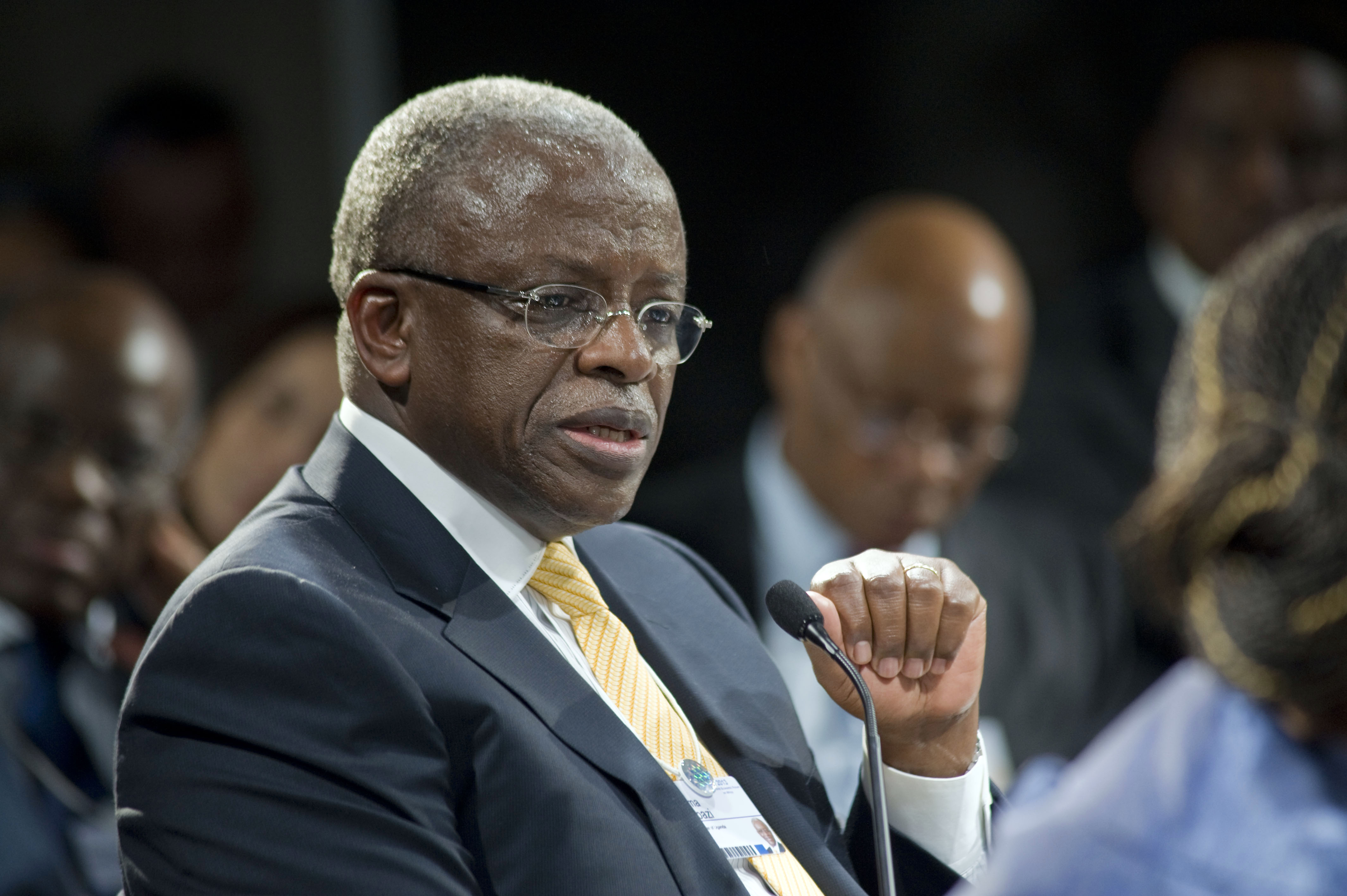A refugee watering her onion garden in Rhino Camp settlement/Courtesy Photo
Refugees living in settlements in the West Nile region are calling on the government to allocate more land for agricultural production as the World Food Programme (WFP) shifts its focus to offer food assistance only to the most vulnerable in Uganda.
In January of this year, the United Nations World Food Programme (WFP) announced that it will prioritize food assistance for the most vulnerable refugees in Uganda, as needs outstrip resources.
However, many refugees are concerned that without providing them with more land for agricultural production, the move could have dire consequences, since many of them will be weaned off from receiving food rations, as assistance will be provided only to those in critical need.
Ann Ngosema, a South Sudanese refugee at Ofua Zone in the Rhino Camp refugee settlement, says that although the refugees have the urge to practice agriculture, they lack land for cultivation. She further appeals to the Office of the Prime Minister to negotiate with the host communities to offer them land for agriculture.
Joyce Jaguru, another refugee notes that they have been relying on renting land from host community members, which she says is expensive. According to Jaguru, they rent a quarter acre of land for between 40,000 and 50,000 shillings per year.
Similarly, Elias Odango, a refugee at Bidibidi refugee settlement in Yumbe district, told Uganda Radio Network – URN that although some of the implementing partners secured some land for the refugees, the landlords have since stopped them from accessing it due to unpaid arrears.
During a recent visit to refugee settlements in the West Nile region, Abdirahman Meygag, the WFP country manager, said that the main objective of this shift is to refocus resilience and livelihood activities towards facilitating self-reliance among the refugees.
“Our program is like livelihood and resilience programming where we will be working with the government and other UN agencies to try to help the people depend on themselves and become self-reliant, helping them with agriculture production,” he noted.
According to the World Food Programme (WFP), the progressive shift to needs-based food assistance for refugees in Uganda follows an endorsement by the Comprehensive Refugee Response Framework Steering Group meeting held on December 13, 2022.
But Jena Toma, the Deputy Refugee Desk Officer at the Office of the Prime Minister- OPM in Arua, has called for calm among refugees, noting that they are aware of the land acquisition challenges faced by the refugees for cultivation. He explains that they have engaged with the local governments hosting refugees in the region to secure land for cultivation.
According to data from the Uganda Comprehensive Refugee Responsive Portal, West Nile hosts at least 729,735 refugees, the majority of whom are South Sudanese and Congolese nationals, as of February 28, 2023.
-URN





